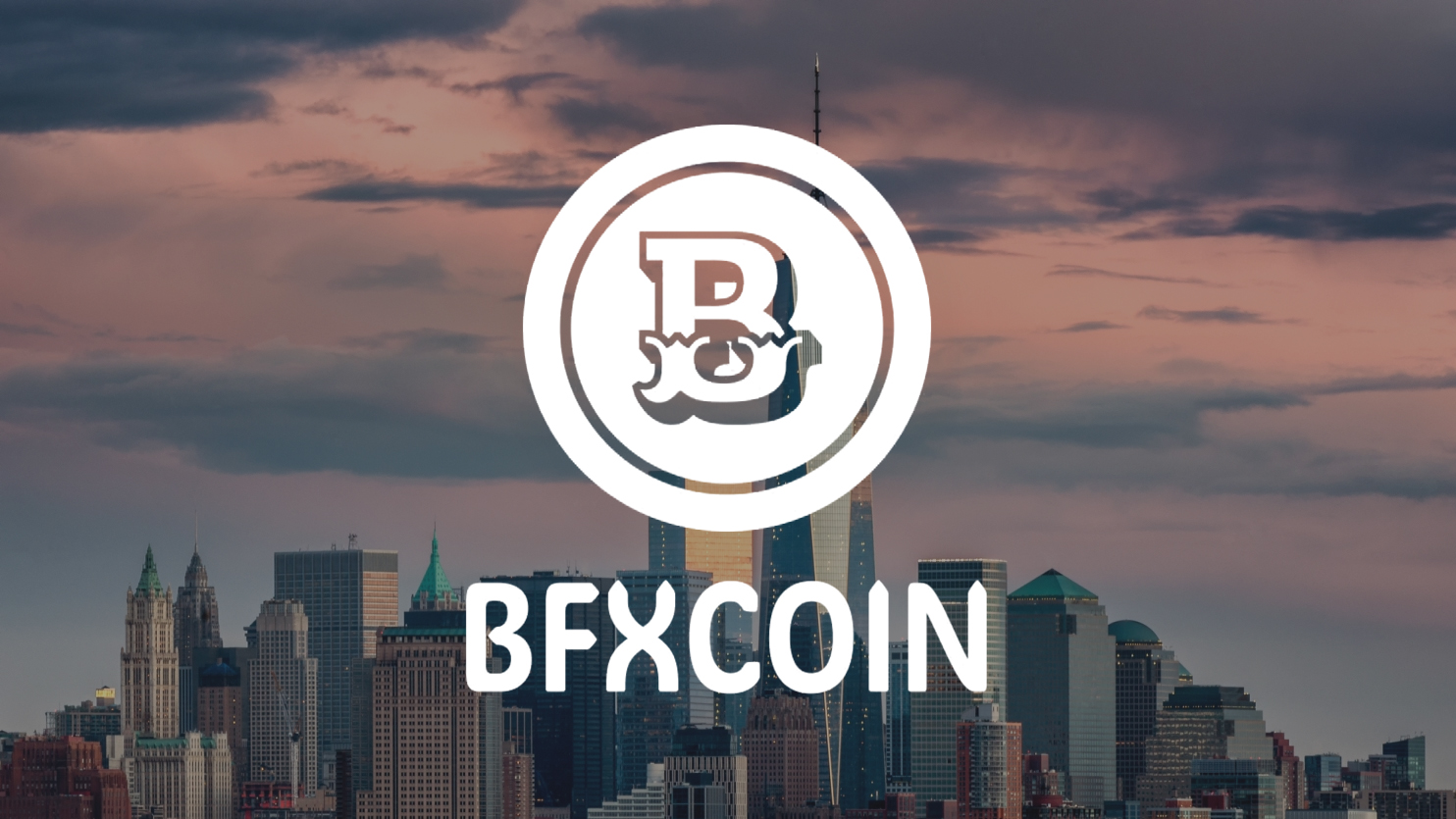The potential of blockchain goes beyond providing a database or a platform for cryptocurrency transactions. Since 2016, people have been experimenting with transferring real-world assets onto the blockchain, thereby retaining the characteristics of the assets while enjoying the benefits offered by the Bitcoin system. Asset tokenization achieves this goal.
Tokenization is the process of converting rights and benefits into specific units of value, such as converting assets into digital tokens that run on the Bitcoin SV (BSV) blockchain.

How tokenization works
Supported by the Bitcoin SV blockchain, tokenization can achieve simple and efficient ownership, verification, and transfer modes. The current digital tokens are categorized into types such as security tokens, utility tokens, and identity tokens. Assets can be tangible or intangible, anything you deem valuable can be tokenized.
Tokenized assets open a broader market to potential investors, increasing liquidity and shortening transaction times compared to traditional securities. Through transmission, notarization, management, and storage via the Bitcoin SV protocol, it changes the way we handle traditional asset transfers. The Bitcoin SV blockchain ensures the immutability of the token transaction history.
Core advantages of tokenization
The Bitcoin SV blockchain can tokenize partial ownership rights, such as content licensing. It can also tokenize entire assets, like owning an apartment.
Tokenization can divide large, illiquid assets into smaller, more liquid portions. For instance, a single apartment unit can be jointly owned by multiple owners, with tokens representing each owner's equity. Tokens simplify interactions with government processes while meeting notarization needs. This process creates more freedom in asset trading, reduces illiquidity premiums, establishes a more efficient process, and provides more value sources.
Combining tokenized assets with highly liquid cross-border platforms can establish a framework for public markets. This can create liquid, dynamic, inclusive channels, increase user engagement, and unlock collective value for individuals.
The Bitcoin SV ledger records historical changes in asset ownership. The digital footprint of Bitcoin transactions can verify ownership history and help reduce fraud. The fixed structure of BSV makes it impossible for token holders to "double sell" tokens—it is not possible to accept the transfer of the same asset from two different sources.
Disclaimer: The copyright of this article belongs to the original author. Reposting this article is solely for the purpose of information dissemination and does not constitute any investment advice. If there is any infringement, please contact us immediately. We will make corrections or deletions as necessary. Thank you.





